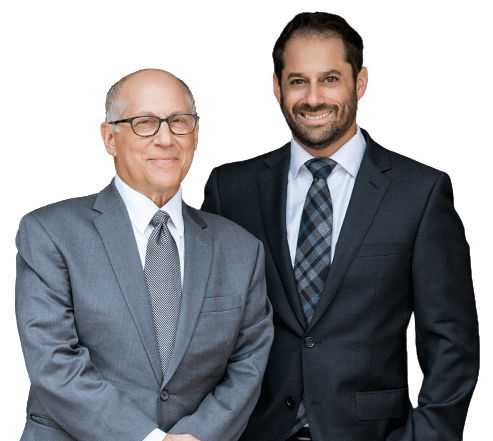When you’re injured at work, you’ll need medical documentation indicating that your injuries are severe enough to prevent you from working if you hope to recover workers’ compensation benefits. Your doctor might be able to render that opinion after a physical examination shortly after your workplace accident, but that’s not going to be enough for your employer’s workers’ compensation insurer.
Instead, they’re going to insist that you undergo an independent medical examination. The purpose of this examination is to give the insurance company an unbiased third-party interpretation of your injuries and their impact on your ability to work.
Of course, these “independent” medical providers oftentimes have contracts with the insurance company, so they’re sometimes incentivized to side with the insurance company. Therefore, as you head into your independent medical examination, you need to be prepared to protect your interests.
How can you protect your interests during an independent medical examination?
You shouldn’t just show up for your independent medical examination without any preparation. Consider doing the following as you ready yourself for this key aspect of your workers’ compensation claim:
- Familiarizing yourself with your medical history: In a lot of workers’ compensation cases, the insurance company tries to tie the injuries to a pre-existing condition. If they can successfully do so, then they can significantly reduce or even eliminate the benefits they have to pay you. So, before heading into your independent medical examination, make sure you have a full understanding of your medical history and can specify how your workplace accident caused new injuries or exacerbated your pre-existing condition.
- Figuring out how to accurately articulate your injuries: You don’t want to exaggerate your injuries during your independent medical examination, but you also don’t want to downplay them. Doing either of those things could cause the examiner to render an opinion that’s not in your favor. So, before heading into your examination, figure out how you’re going to describe your injuries.
- Thinking about whether you’ve been surveilled: Some insurance companies go so far as to surveil workers’ compensation claimants. Before you enter your examination, then, you should think about how you’ve acted in the days leading up to it. If the insurance company caught you on video, what would it show? You might need to be able to explain how you’ve acted at your medical examination so that you don’t get caught with a description of your injuries that is contradicted by your actions.
- Readying to talk about the treatments you’ve received: It’s okay to tell the medical examiner about any treatment that you’ve received for your injuries, even if they’ve provided you with some sort of temporary relief. Remember, they’re going to have access to your medical records, so they’re going to find this information out anyway. You need to be 100% honest. Just because you’ve experienced temporary relief through some forms of treatment doesn’t mean that you’re automatically going to be denied the workers’ compensation benefits you need.
The independent medical examination isn’t the determinative factor in your case
Although the insurance company might try to hang its hat on the results of an independent medical examination, there are legal ways to challenge them if the examination doesn’t turn out in your favor.
That’s why if you’re facing difficulties in your workers’ compensation case, then you need to figure out the best legal strategy to protect your interests. After all, there’s too much at stake to let your claim go. So, be aggressive and prepared to advocate for yourself as an injured worker.

